Minister of International Relations Naledi Pandor welcomed her counterpart Sergei Lavrov for talks in Pretoria. Photo: Supplied
Department
International Relations and Cooperation
Key Goals
- Strengthen relations with key trade partners: Failed
- Consolidate South Africa’s standing in multilateral fora: Failed
- Strengthen regional cooperation: Progress
- Negotiate funding for energy transition: Progress
Analysis
Naledi Pandor has had the impossible task of not alienating Russian President Vladimir Putin, or more crucial allies, while he commits war crimes in the Ukraine and threatens nuclear calamity.
When the war began, the department of international relations urged Russia to respect a sovereign neighbour and withdraw its troops. In March, Pretoria abstained from the vote on United Nations resolution ES-11/1 deploring the Russian invasion of Ukraine. Her office insists that there was no contradiction, and no presidential directive to recant.
She has defended this dichotomy in New York and elsewhere and along the way lost sympathy. In April, Pandor said Russia had broken international law, in the same month South Africa abstained from a UN vote to suspend Russia from its human rights council. President Cyril Ramaphosa’s history lessons about Nato and Henry Kissinger have not been helpful but sounded like justification for an aggression he condemns in the same breath. He still gets invited to the White House and Buckingham Palace but it signals more than anything else that he is the hosts’ default interlocutor on Africa.
What we have to show for the studied ambiguity and historical solidarity is that Putin still takes his calls and may travel to South Africa for next year’s Brics (Brazil, Russia, India, China and South Africa) summit. What we lack is any indication that the putative leverage has helped to work towards the beginning of the end of the war.
The problem with the department’s defence of its stance as non-alignment is that it seldom rises higher than calling out Western hypocrisy on Palestine, Yemen and the Western Sahara, and as rarely omits a blunt reminder that Pretoria will not be bullied into taking sides in battles of geopolitical contestation.
The argument for a fairer multilateral dispensation needs to be more thoughtfully made in what the department views as a world where international relations are ever more “unilateral centred”. Pandor’s advisers would do well to say that after 60 years non-alignment still means solidarity, always, with those suffering. Where South Africa has done well, quietly, is in defending its claim to deploy troops in Cabo Delgado, Mozambique.
Where the minister has shone is in negotiating funding for South Africa’s energy transition. It is a natural fit for a science nerd who has the authority to berate regressive colleagues behind closed cabinet doors. But she has failed in communicating as clearly to her diplomatic corps, getting her department’s finances in order and submitting its annual report in time, and deserves a D.
Ministers
Click on a minister
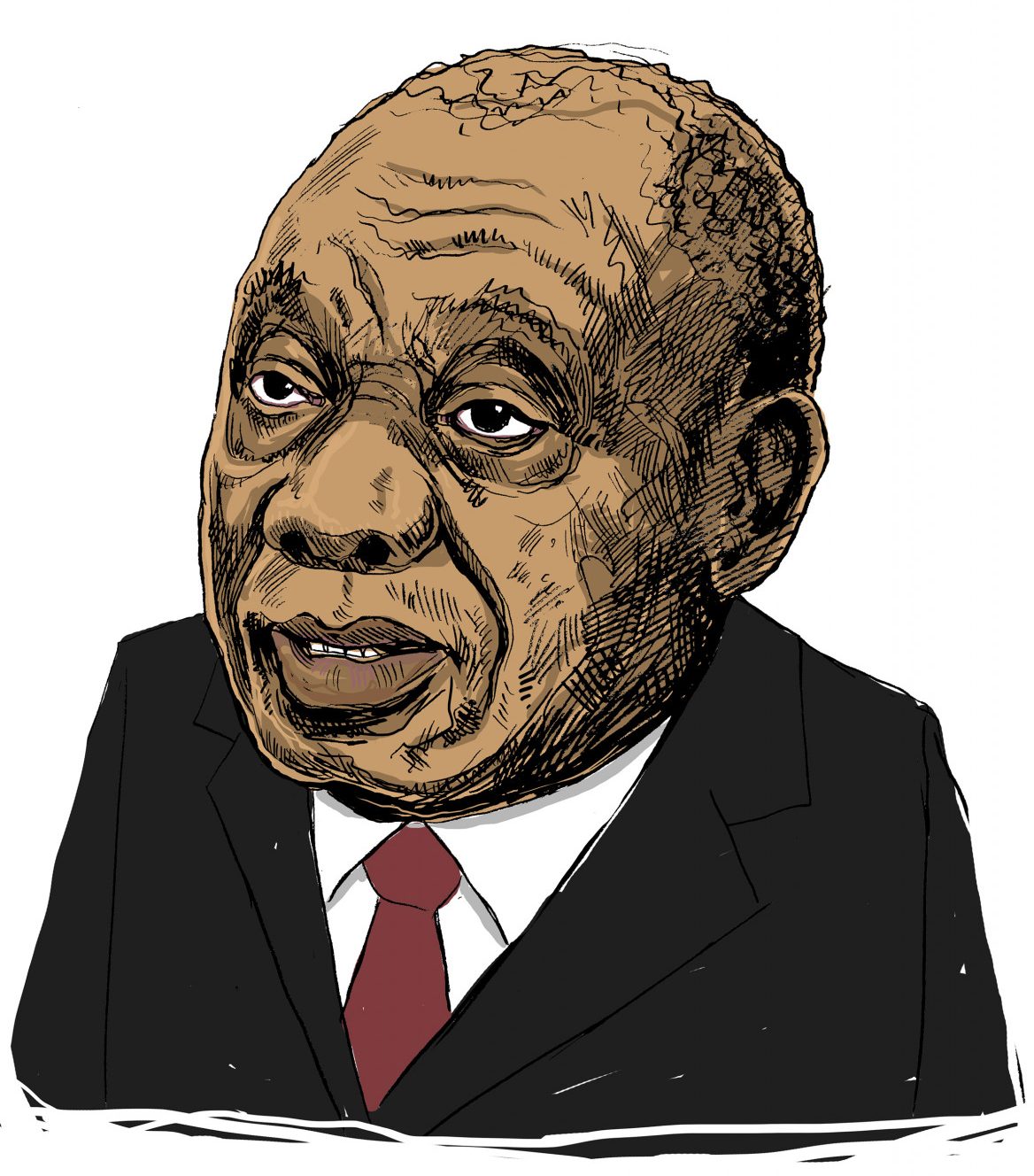
Cyril Ramaphosa
|
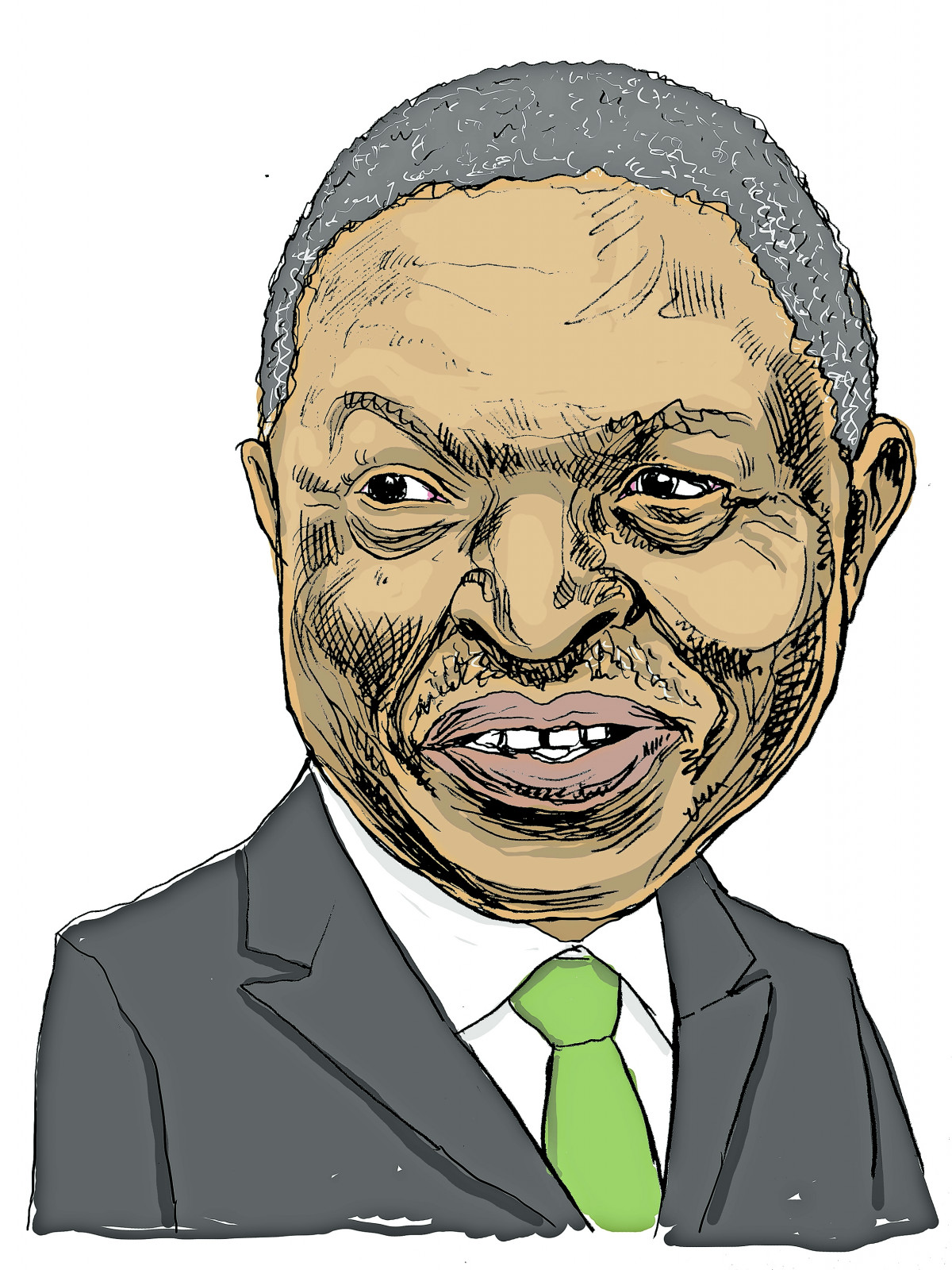
David Mabuza
|
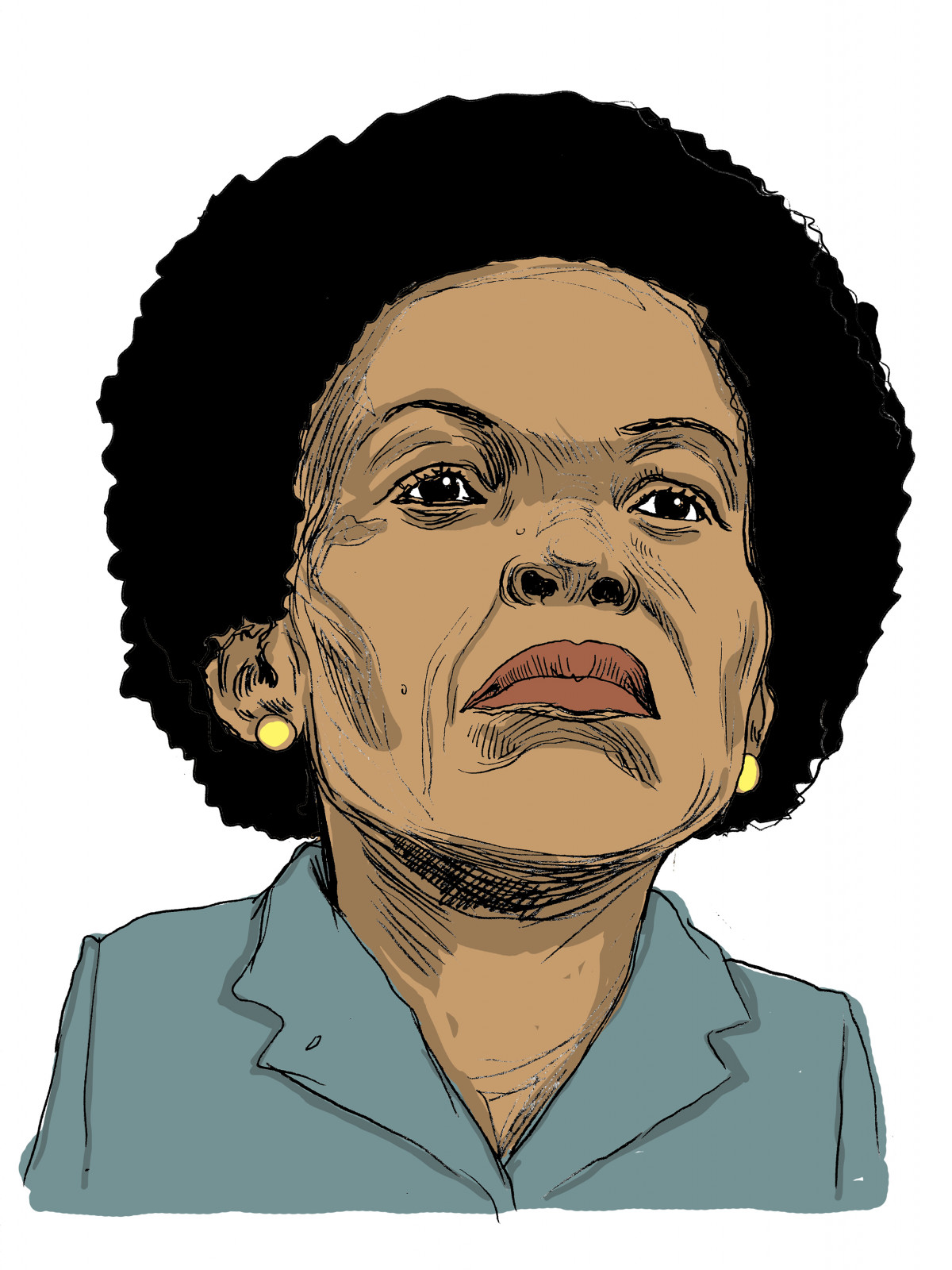
Maite Nkoana-Mashabane
|
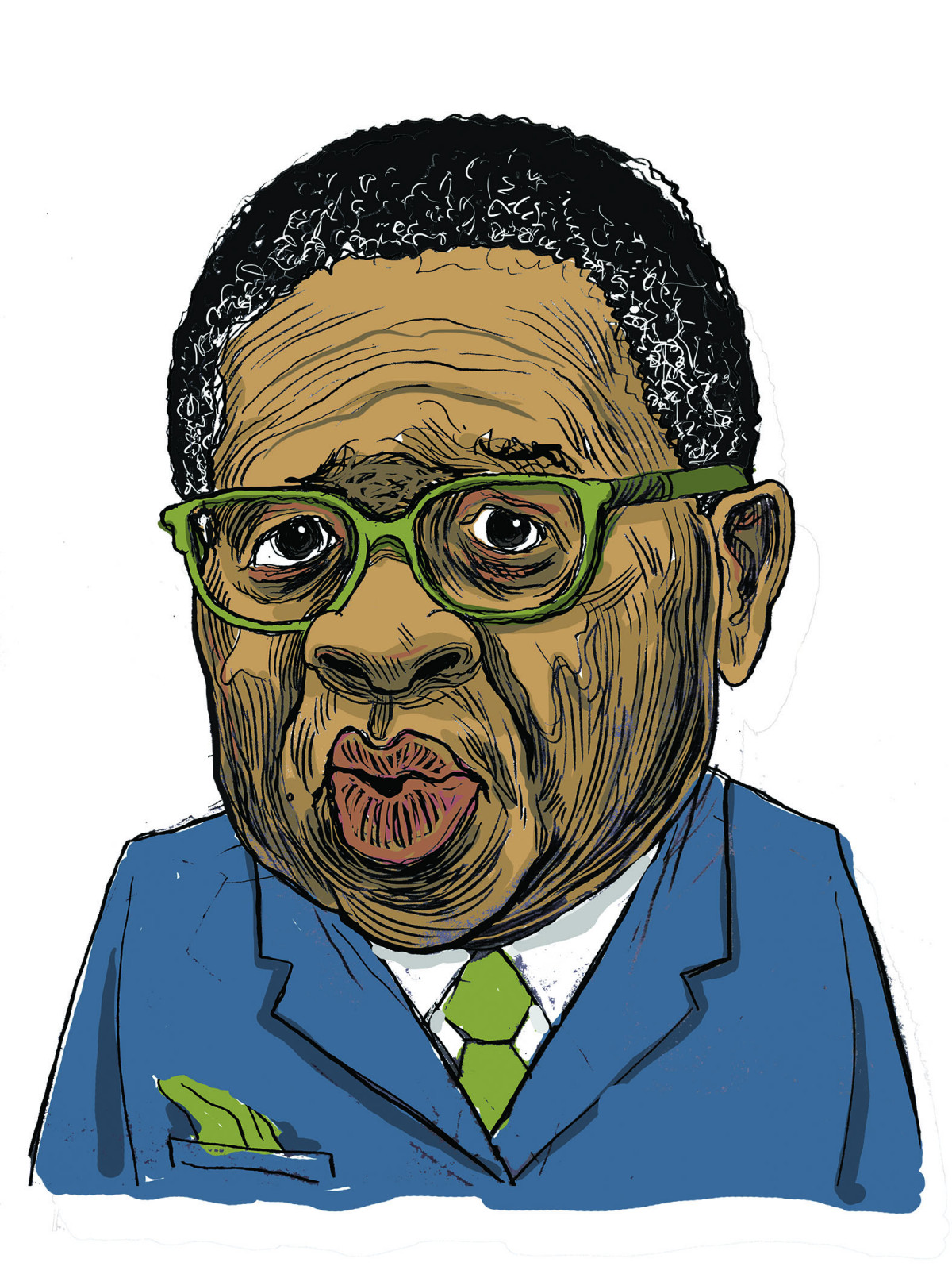
Fikile Mbalula
|
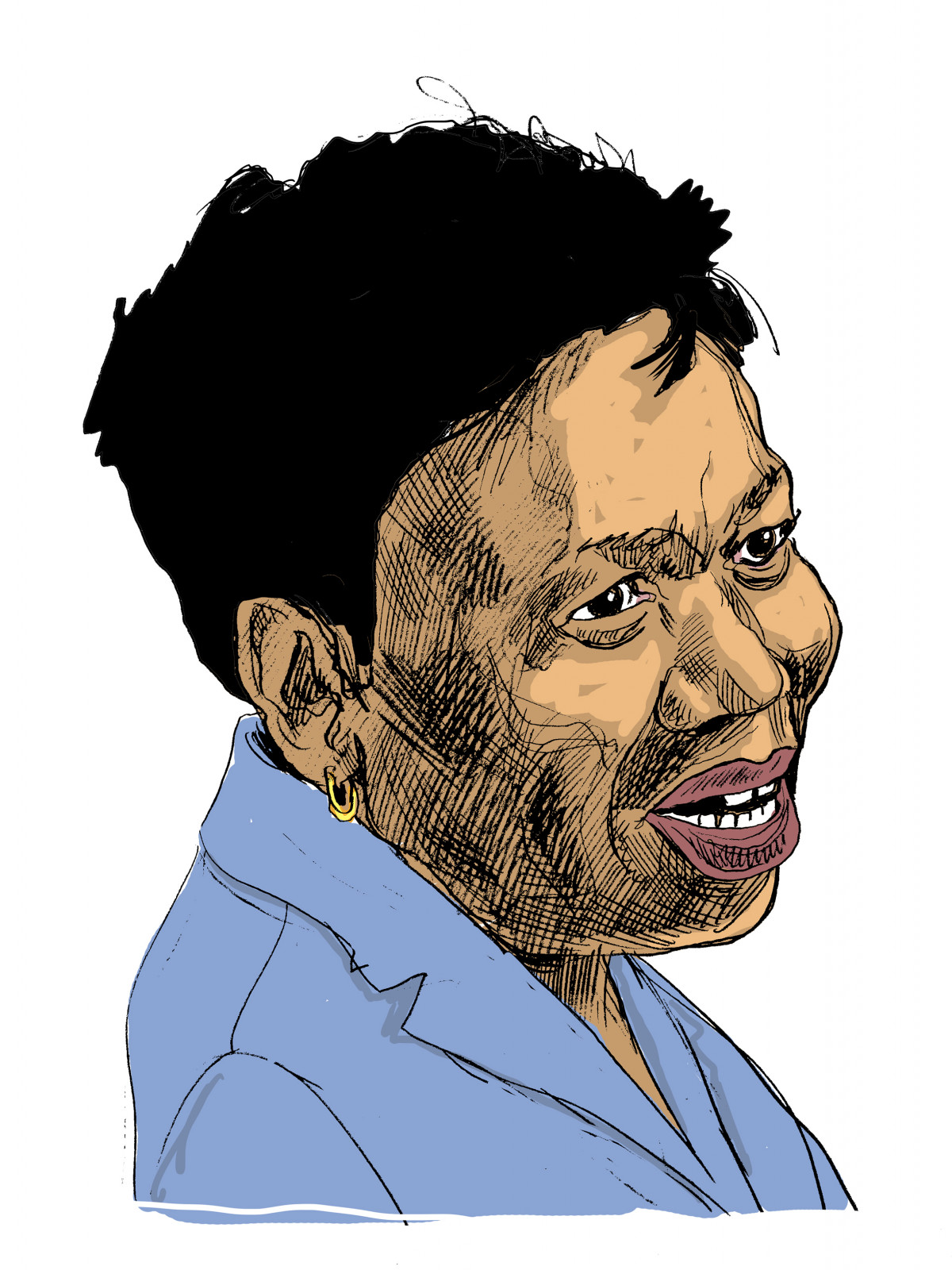
Angie Motshekga
|
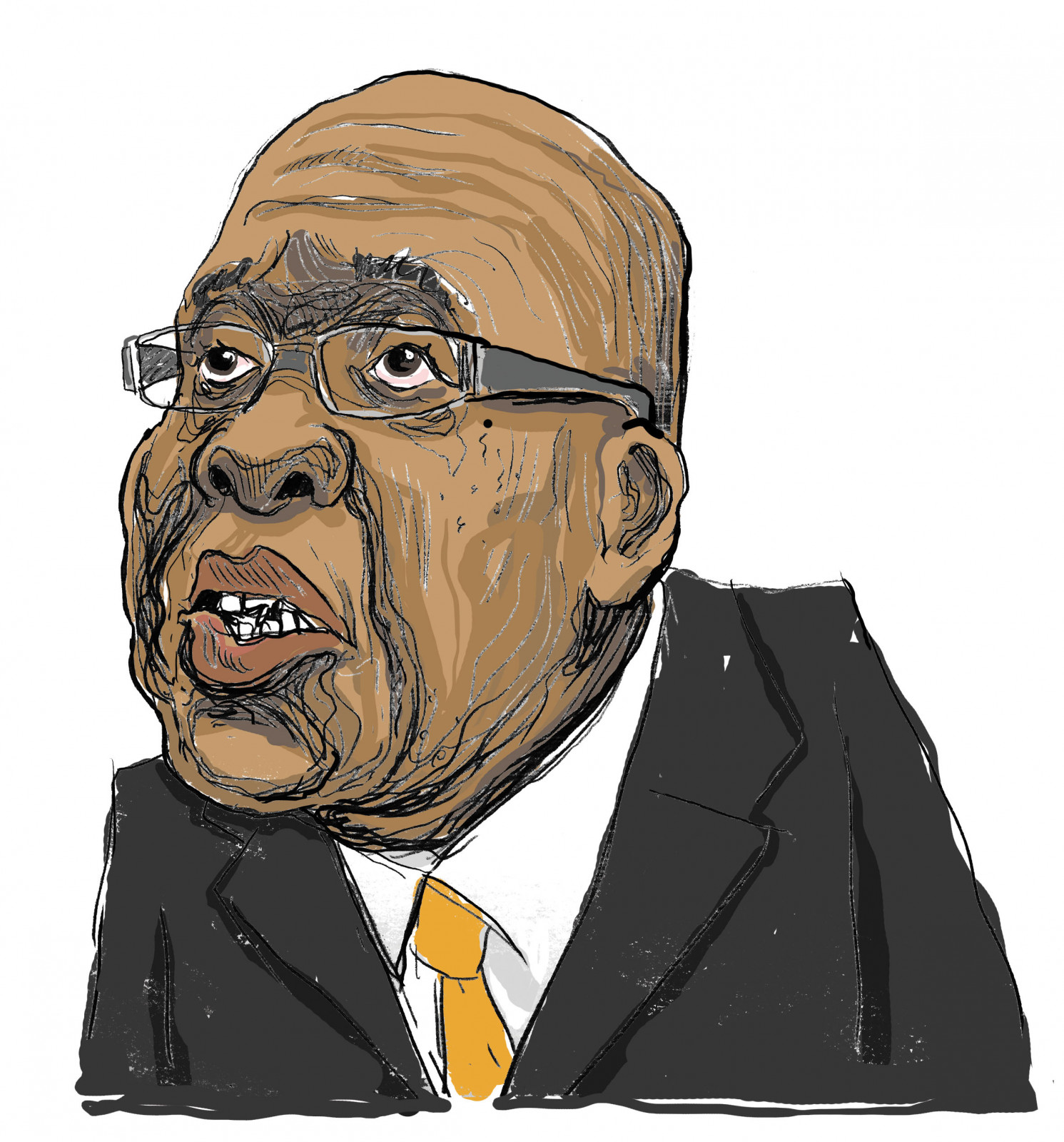
Aaron Motsoaledi
|
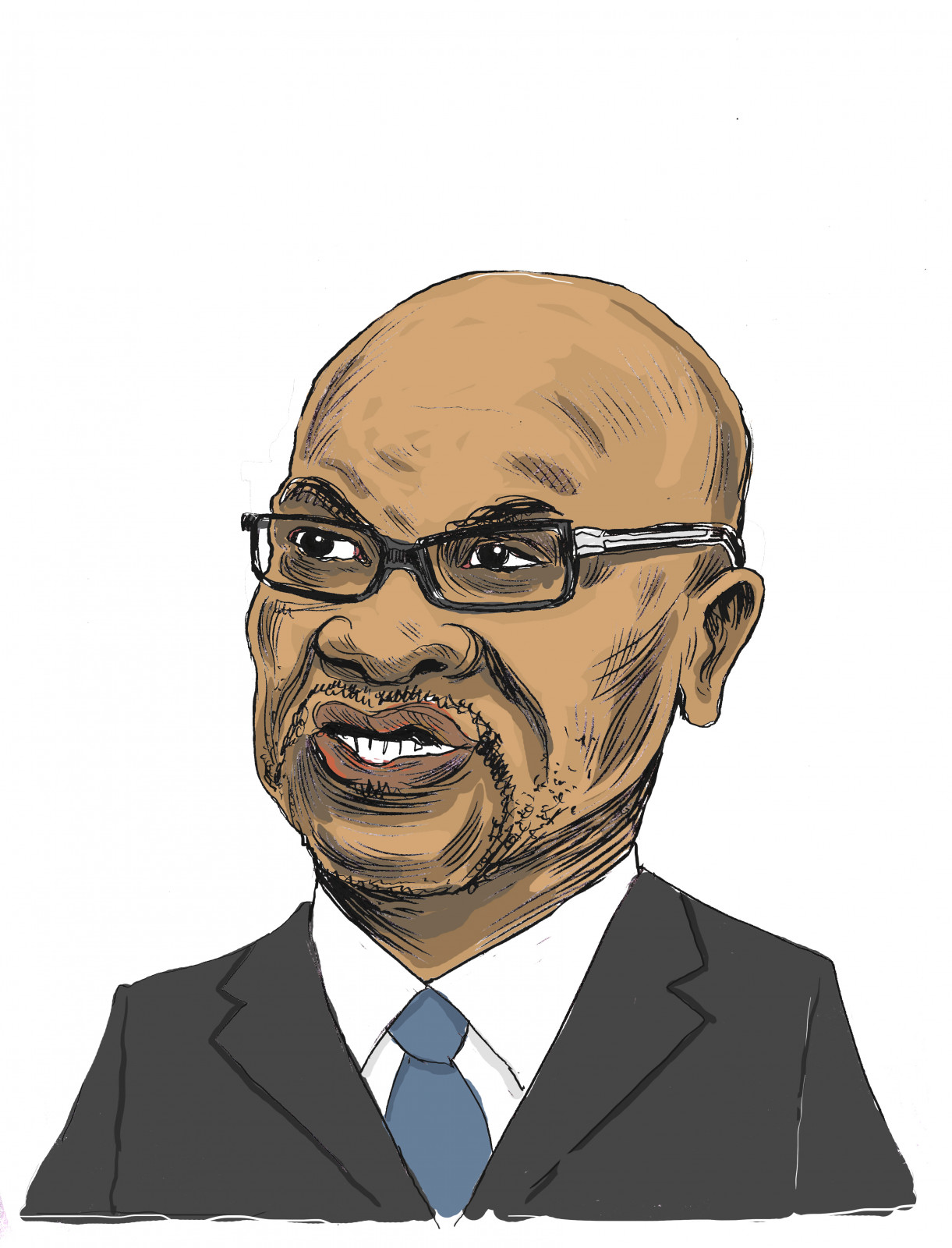
Nathi Mthethwa
|
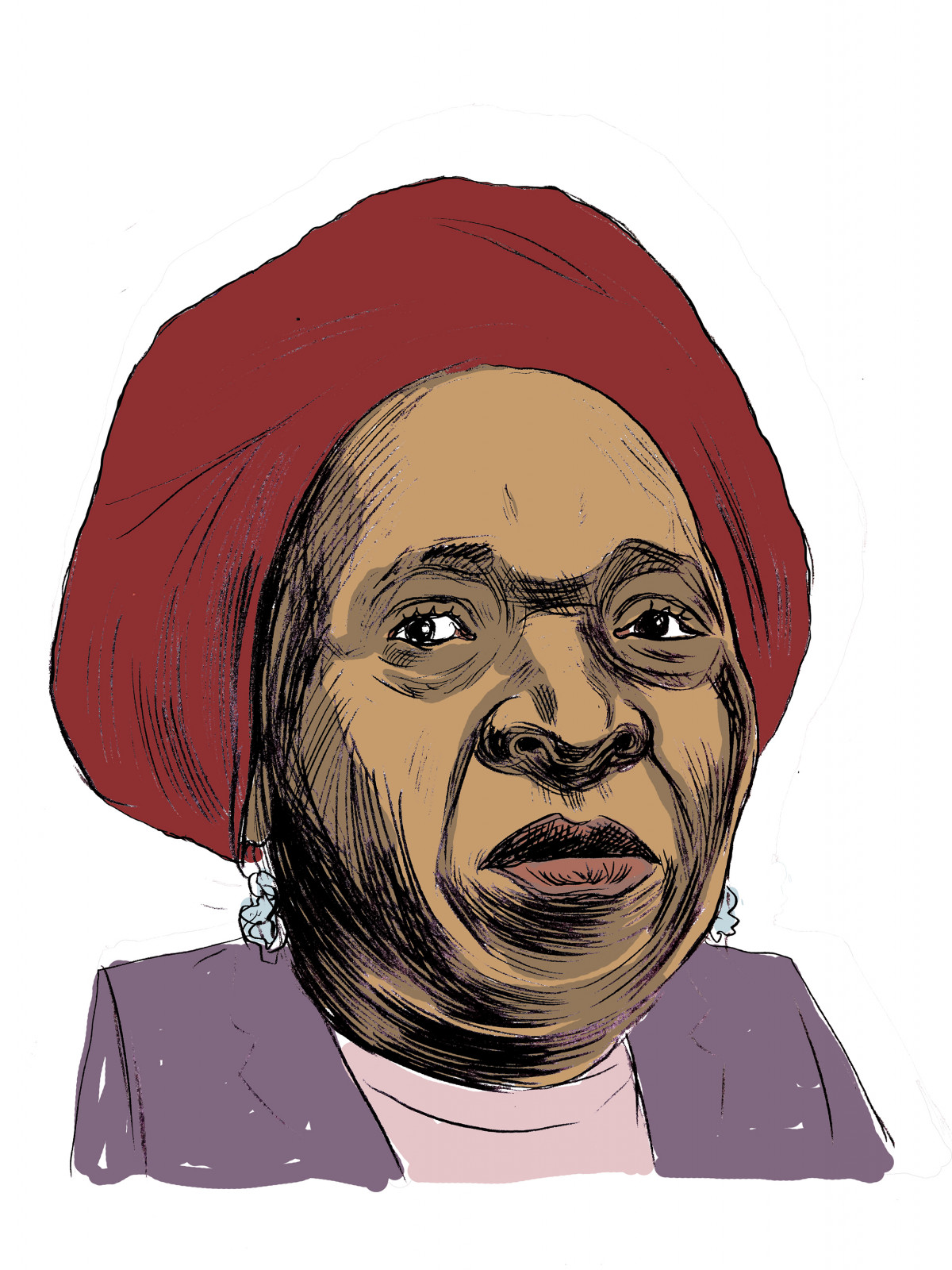
Nkosazana Dlamini-Zuma
|
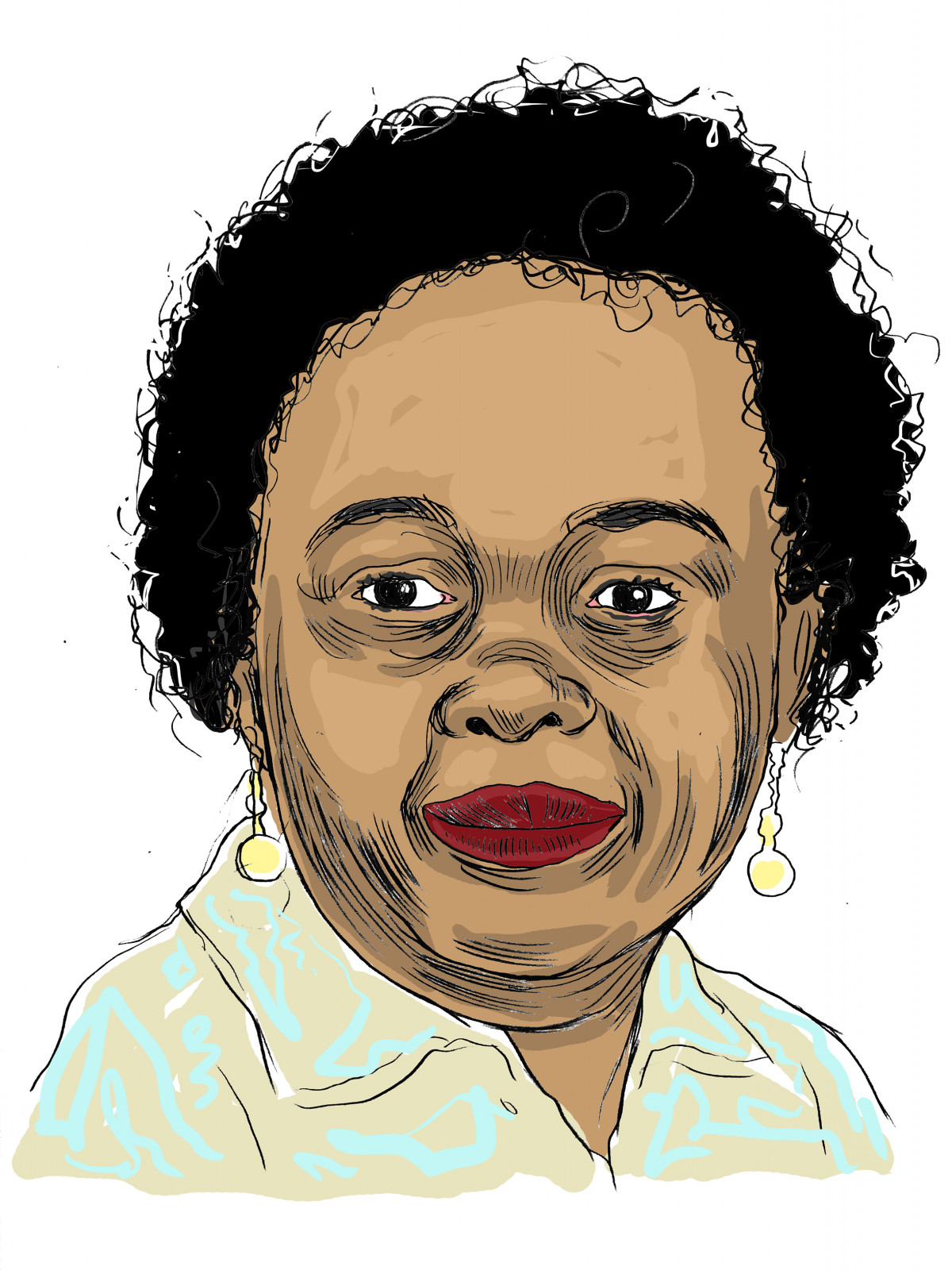
Mmamoloko Kubayi
|
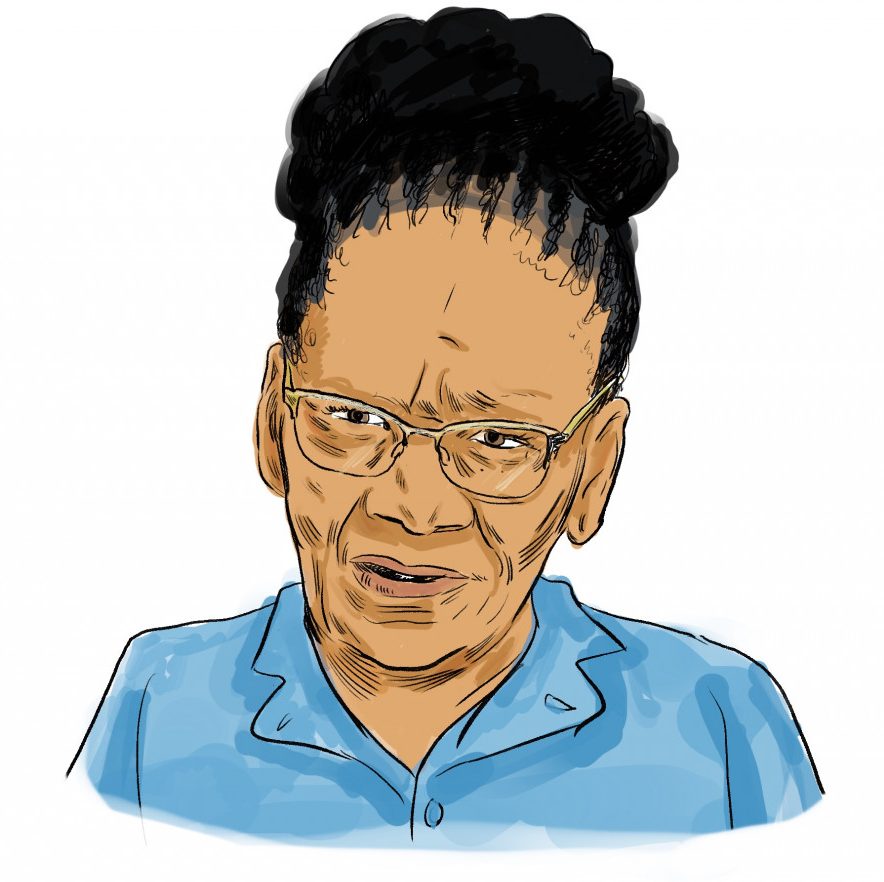
Thandi Ruth Modise
|
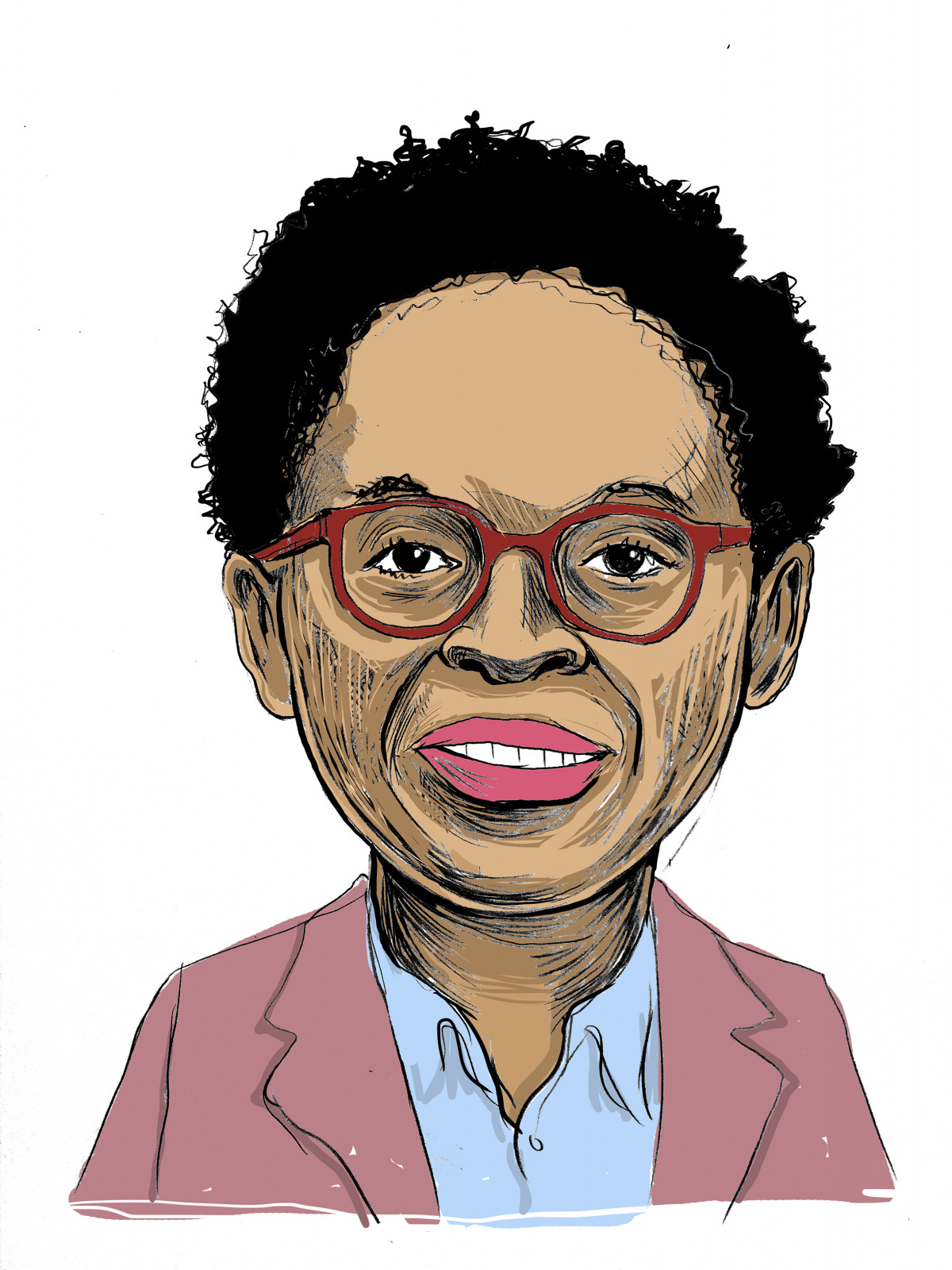
Khumbudzo Ntshavheni
|
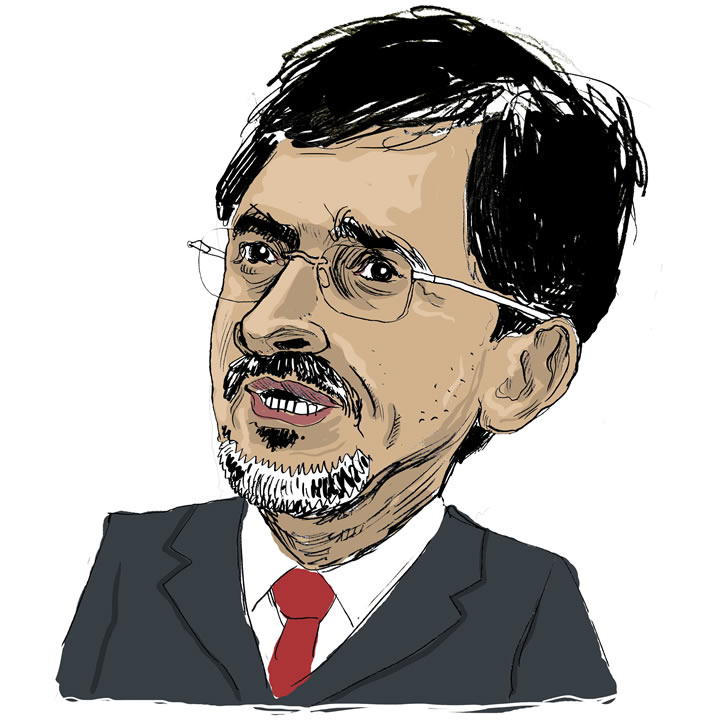
Ebrahim Patel
|
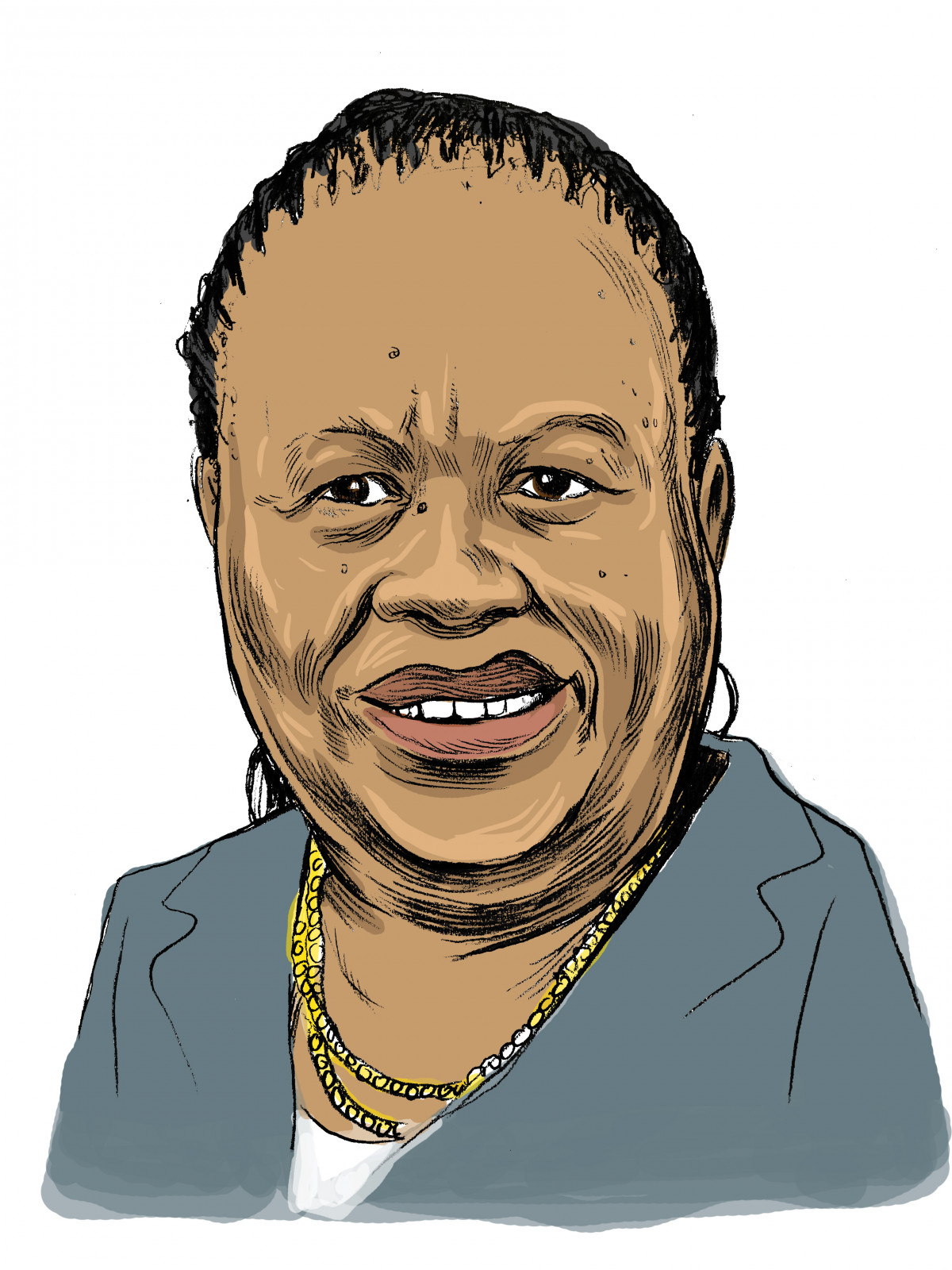
Naledi Pandor
|
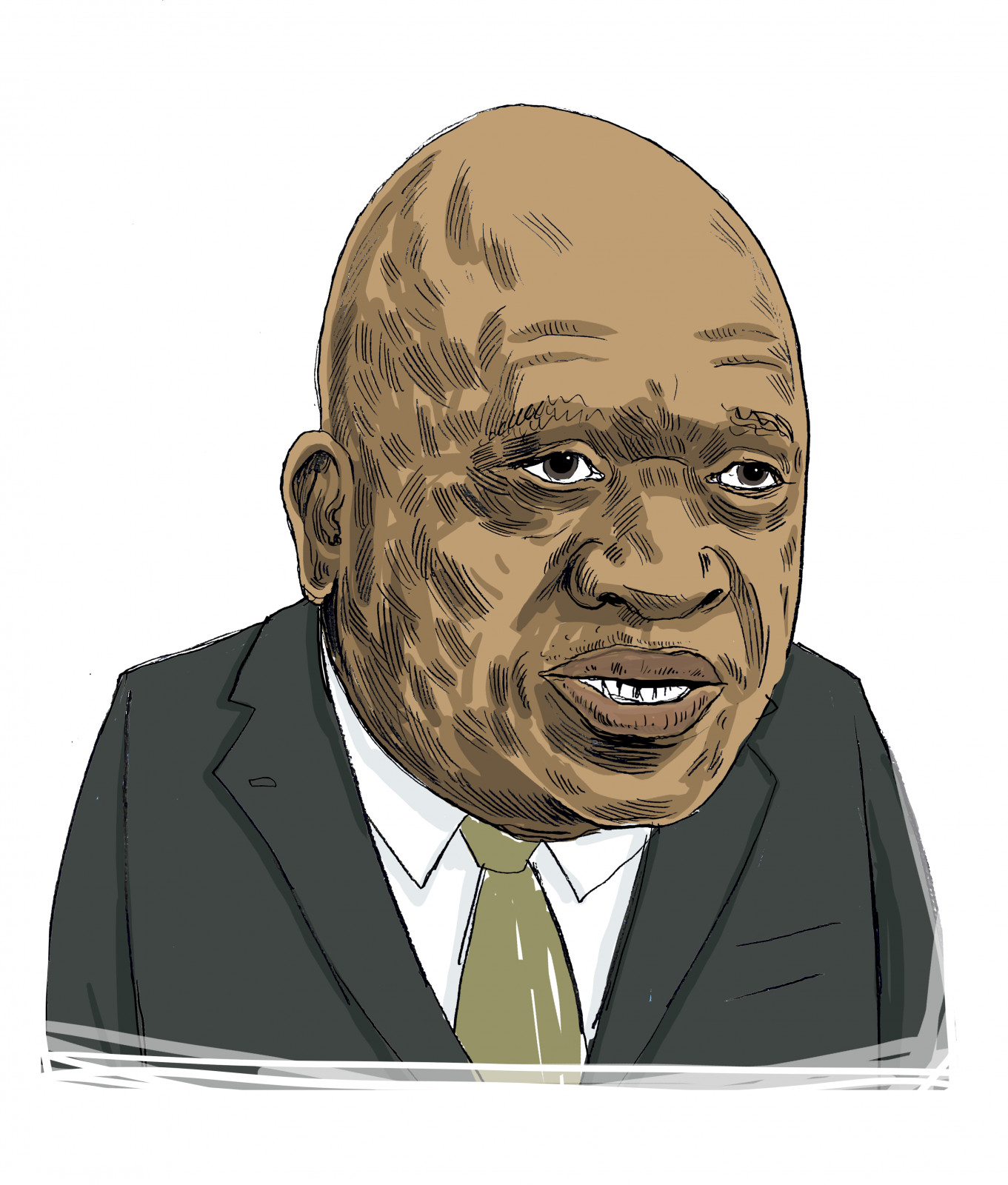
Mathume Joseph Phaahla
|
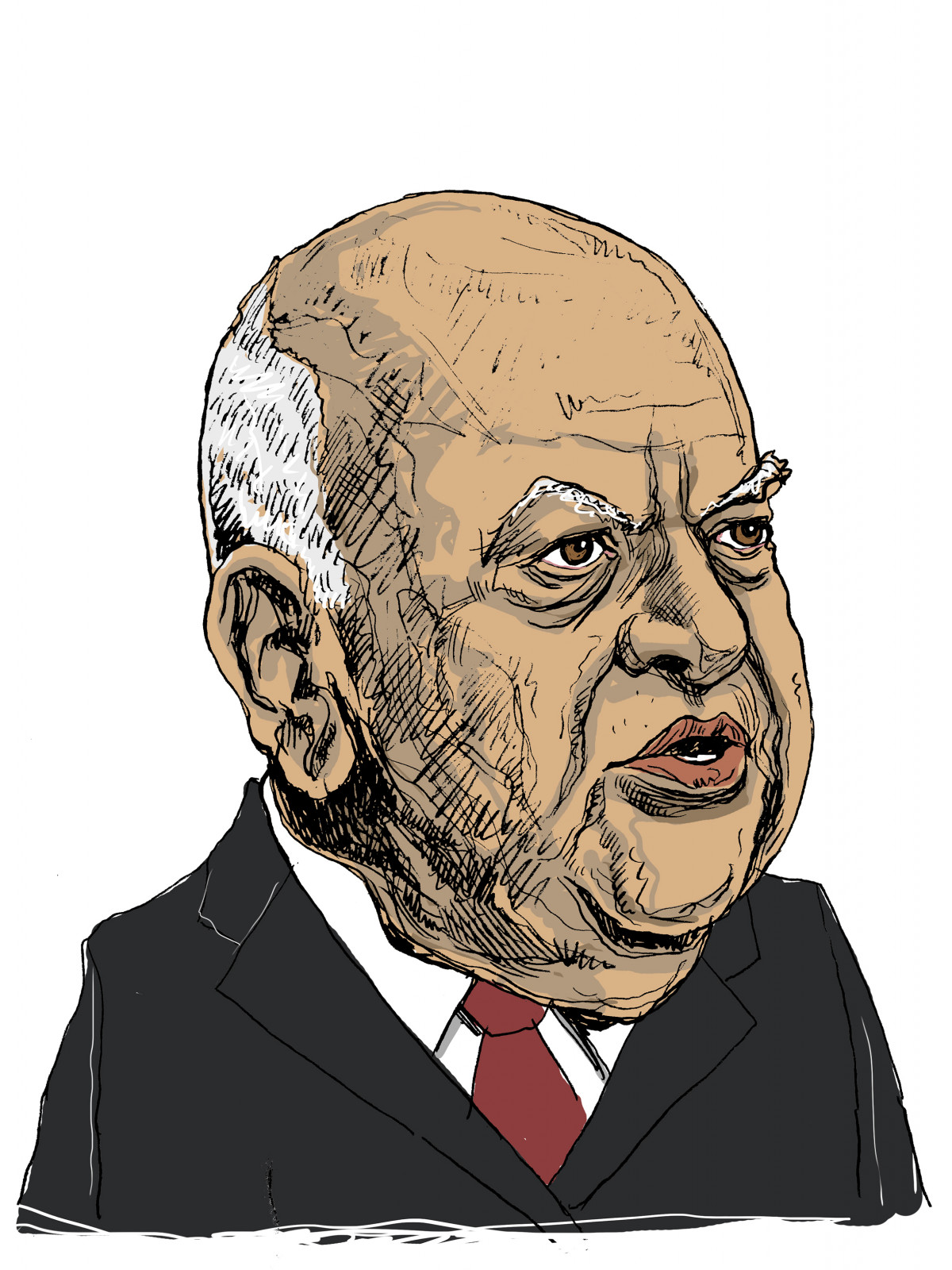
Pravin Gordhan
|
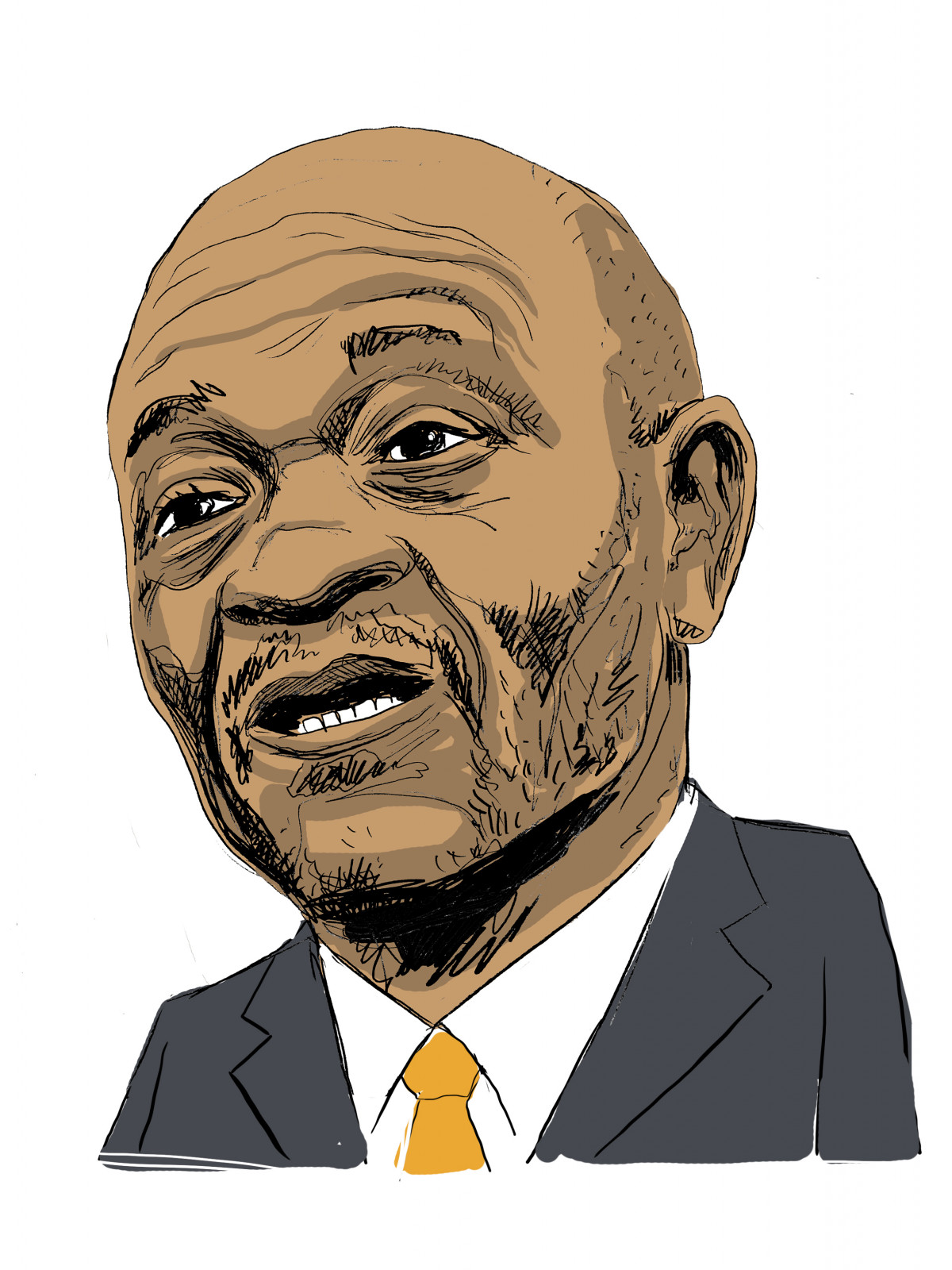
Senzo Mchunu
|

Stella Ndabeni-Abrahams
|
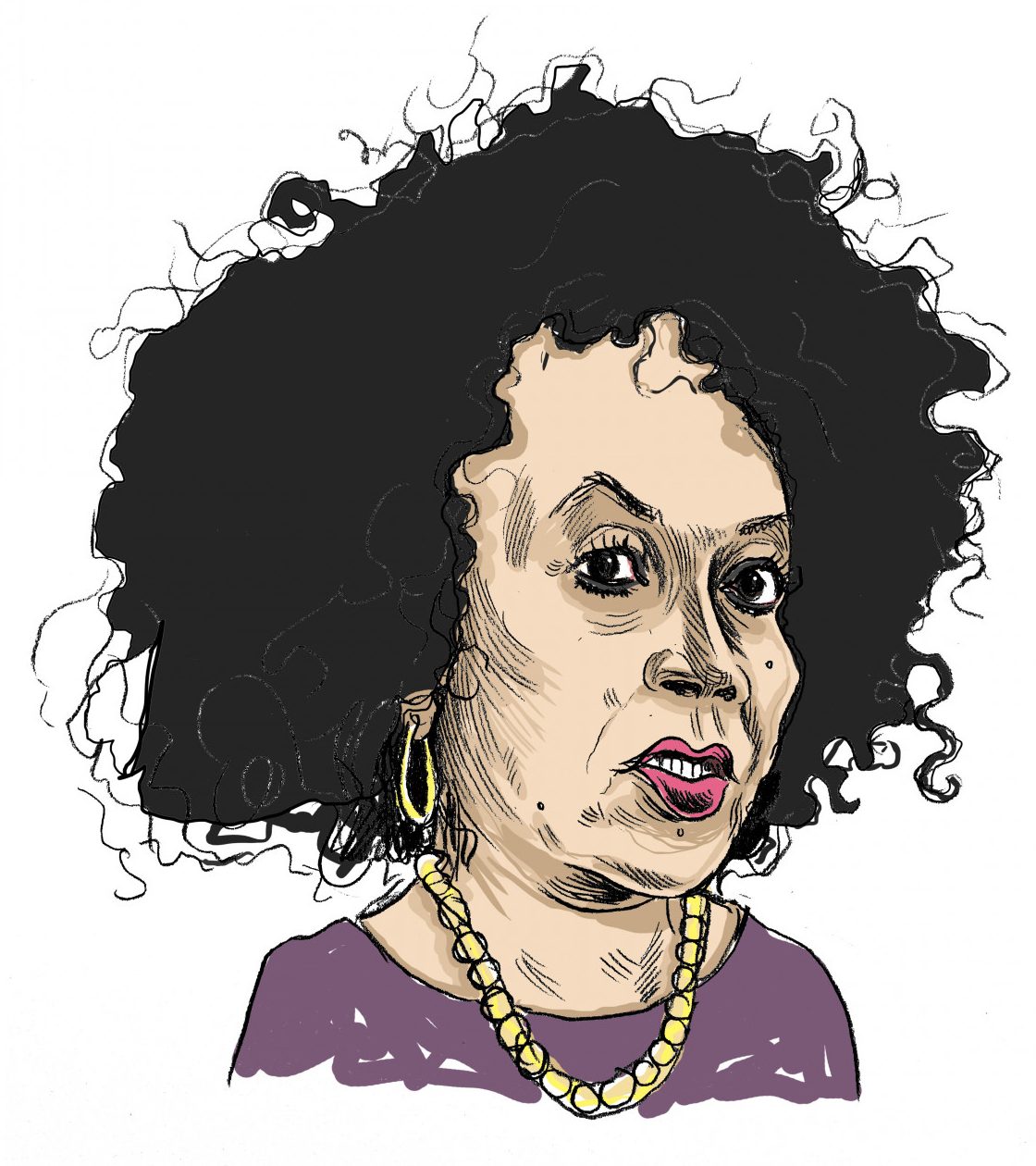
Lindiwe Sisulu
|
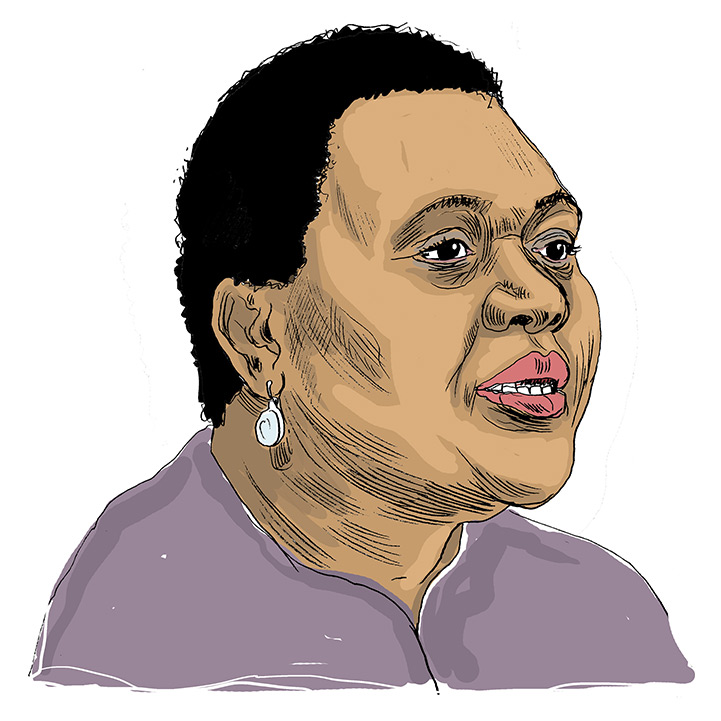
Thokozile Didiza
|
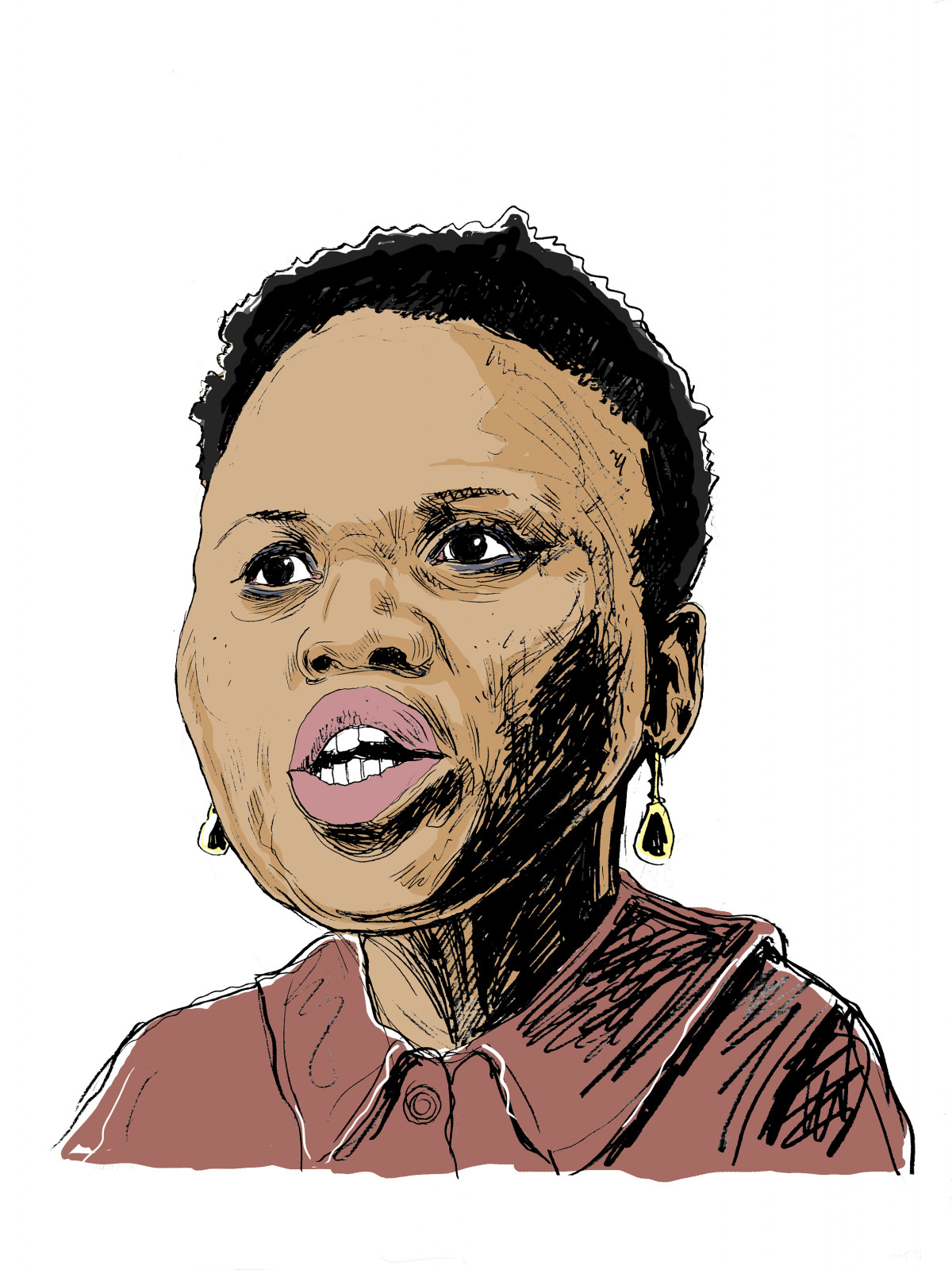
Lindiwe Zulu
|
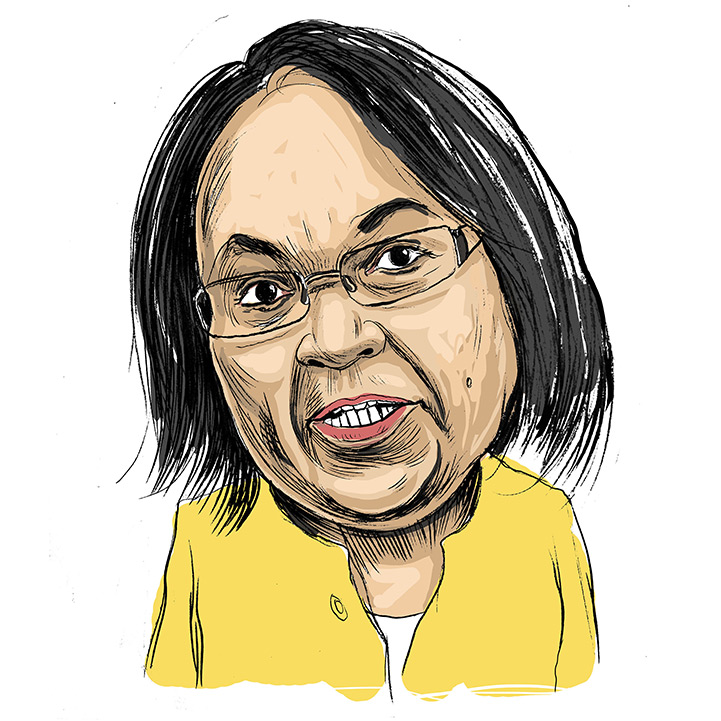
Patricia DeLille
|
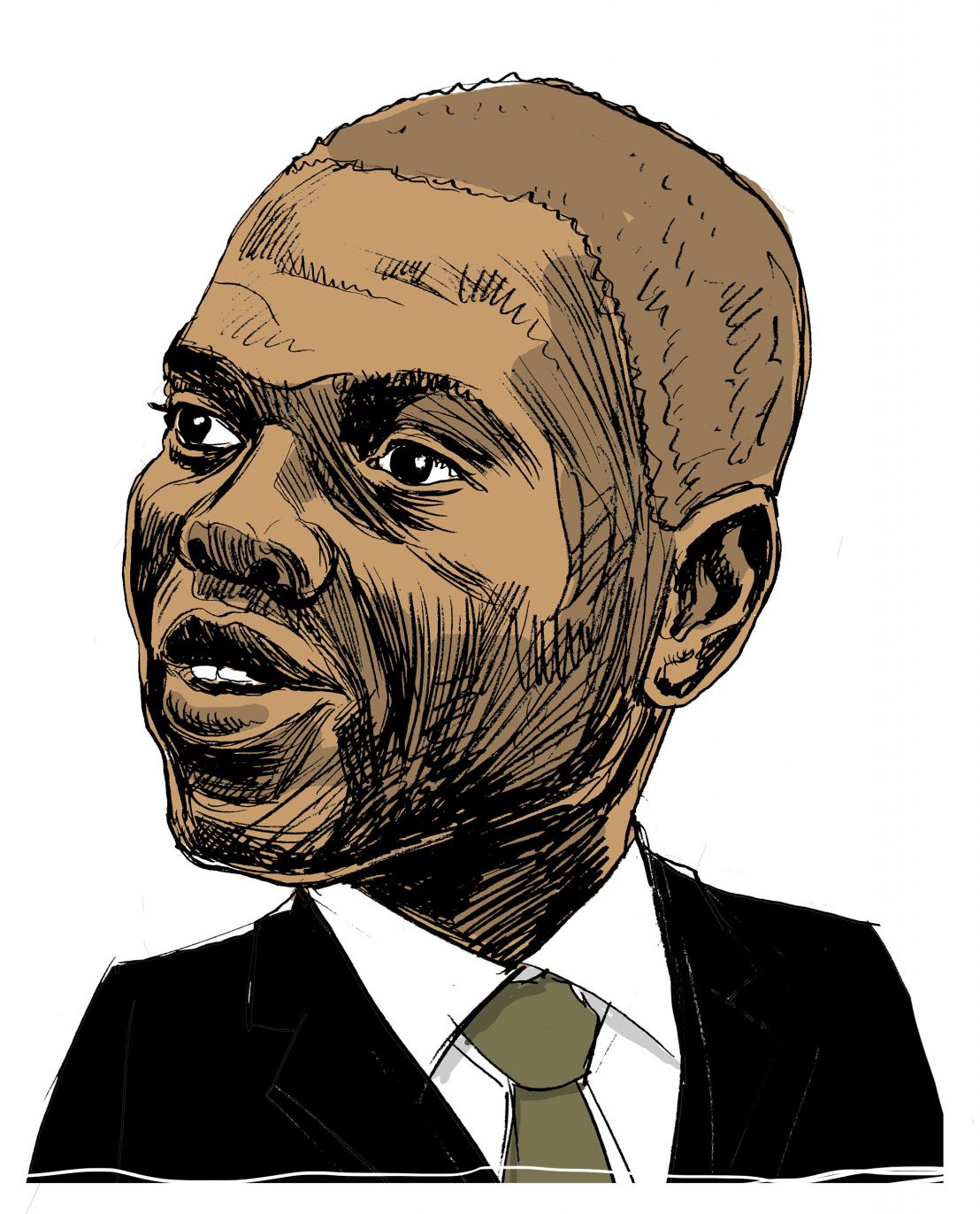
Ronald Lamola
|
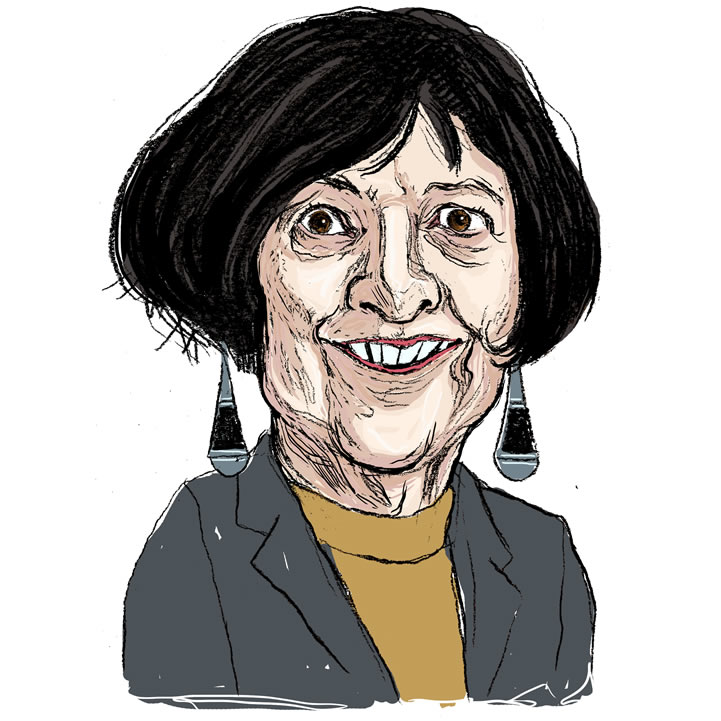
Barbara Creecy
|
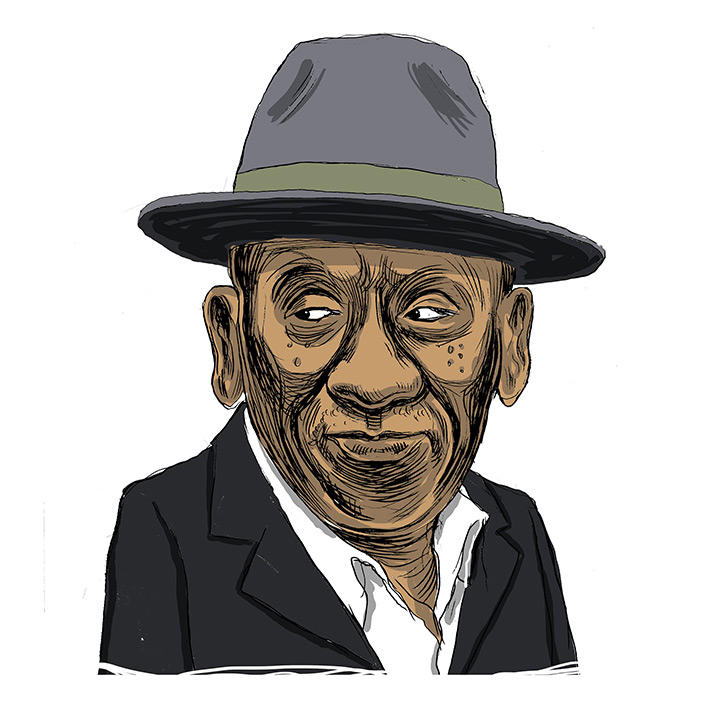
Bheki Cele
|
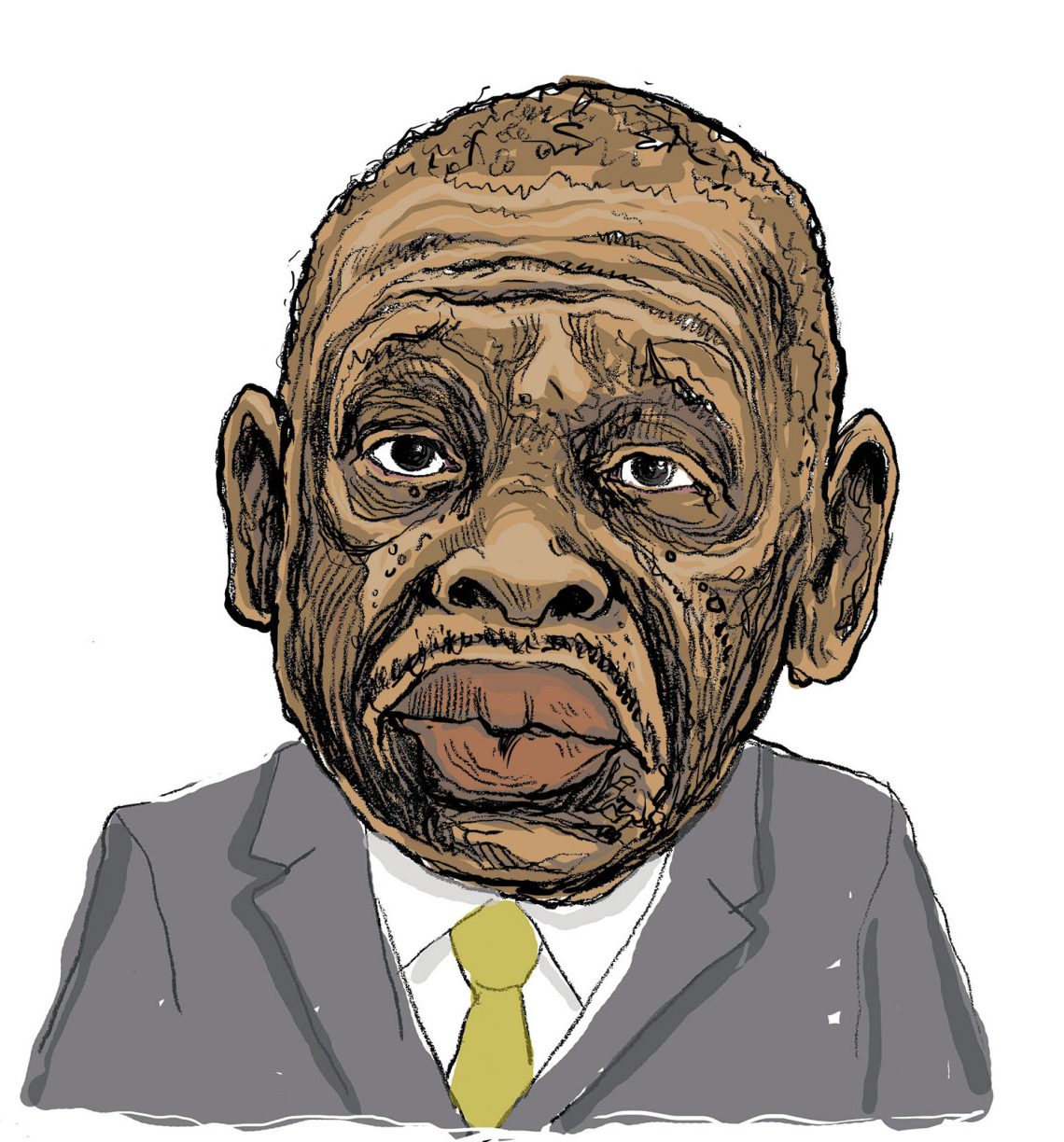
Blade Nzimande
|
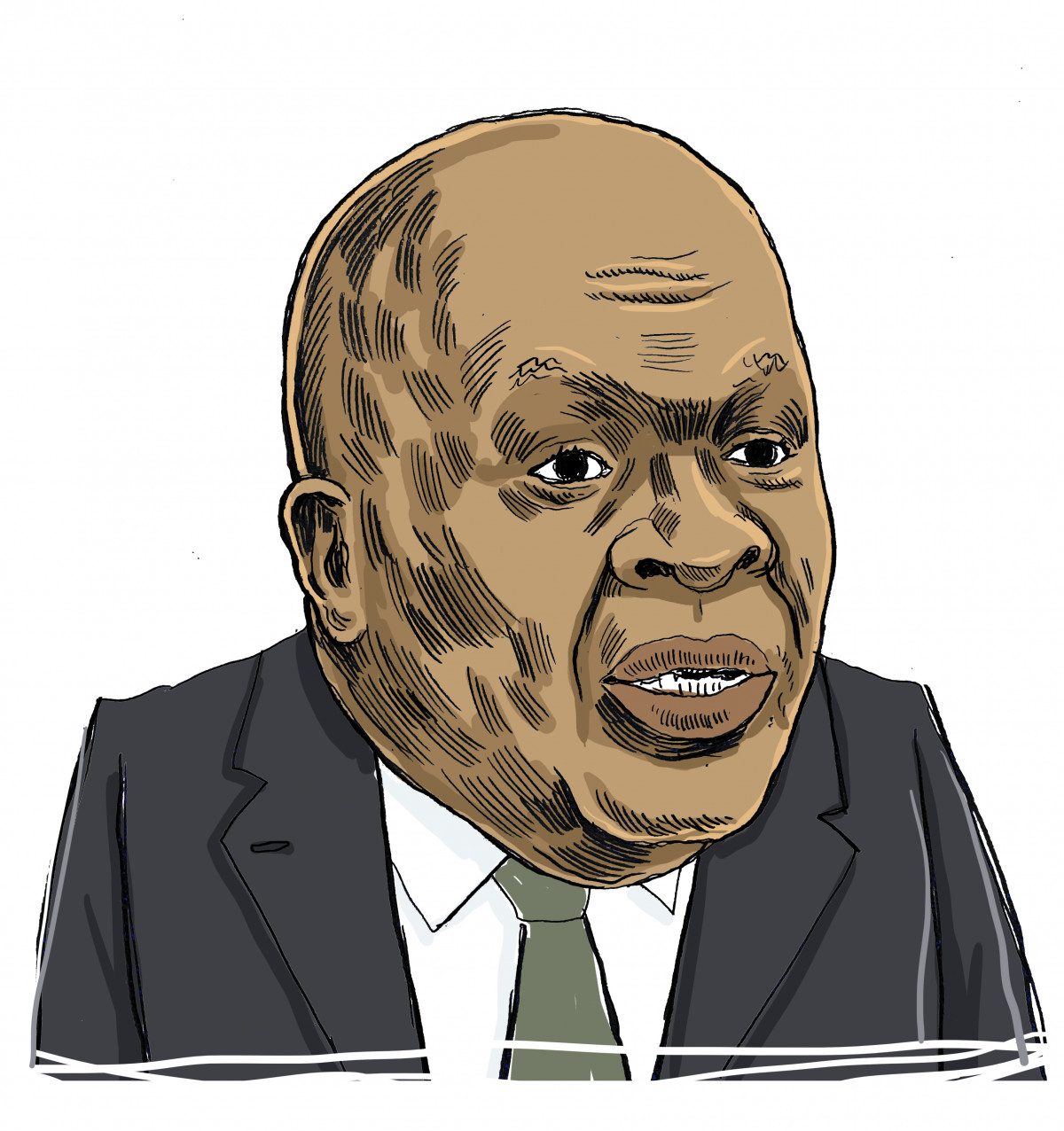
Mondli Gungubele
|
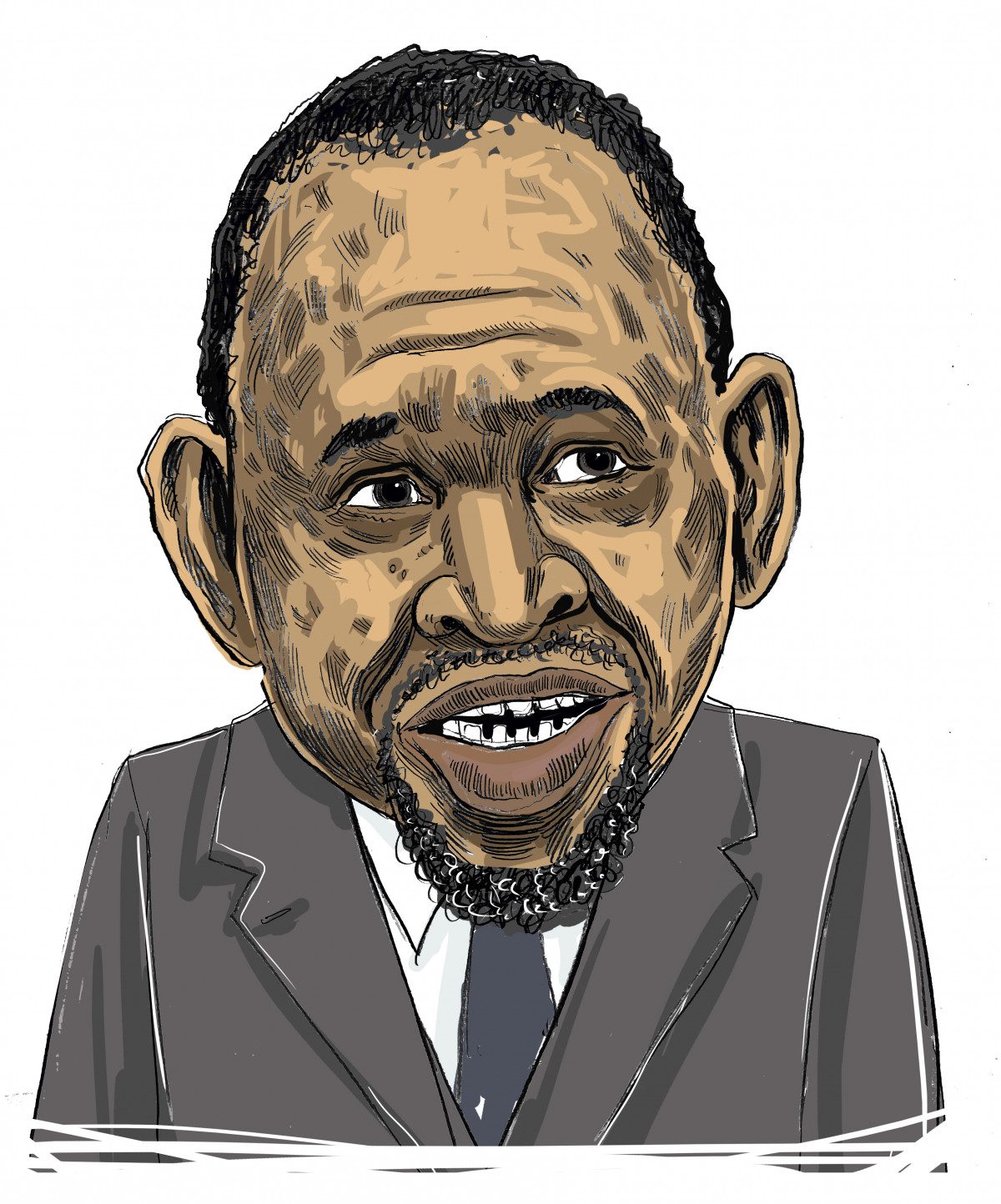
Enoch Godongwana
|
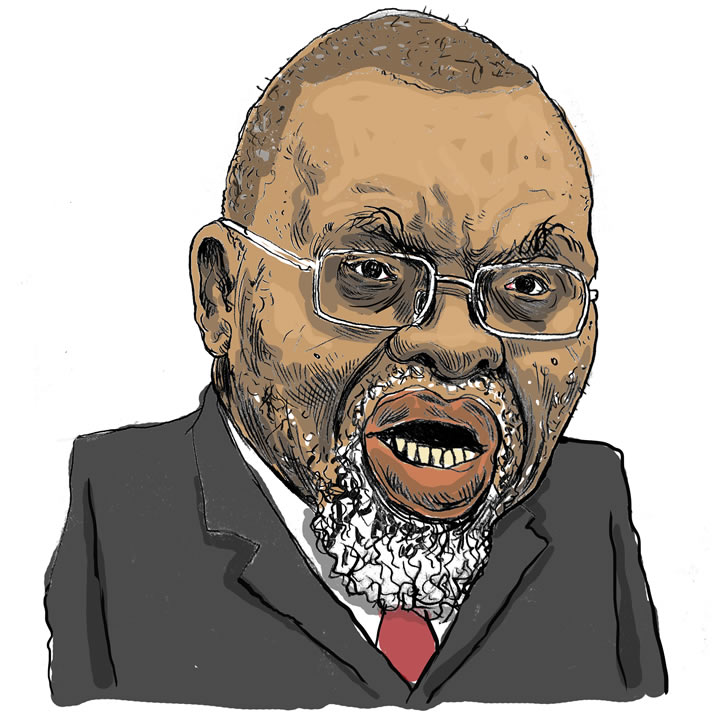
Gwede Mantashe
|
![]()
|
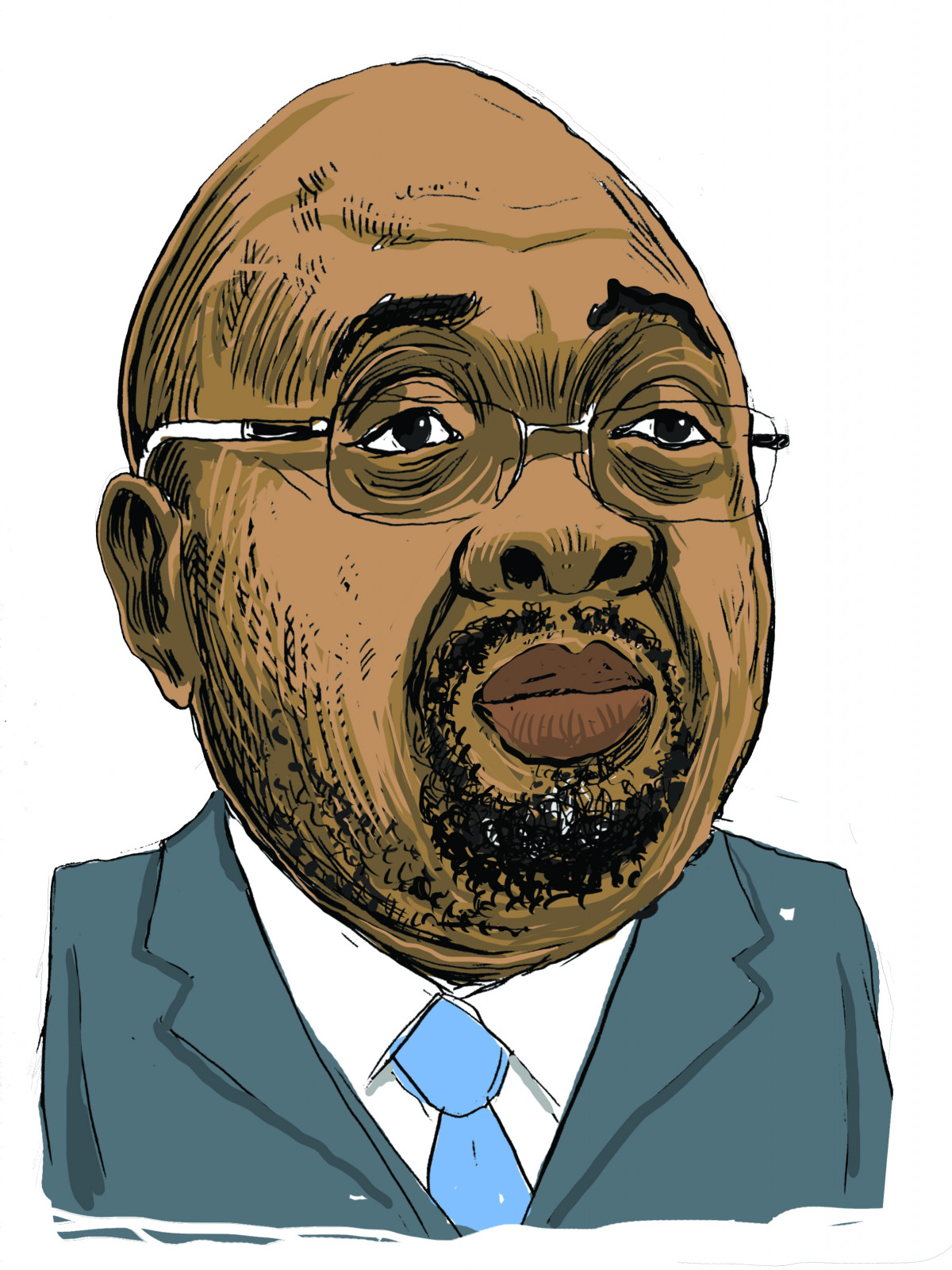
Thulas Nxesi
(Public Service and Administration)
|

Thulas Nxesi
(Employment and Labour)
|
![]()
|